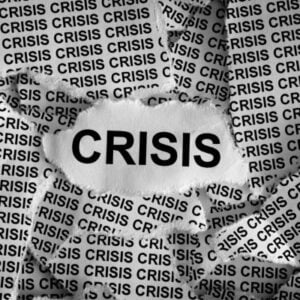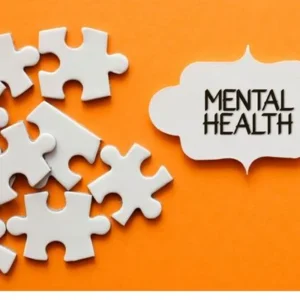Every year on 10 October, World Mental Health Day offers an important platform for raising awareness about mental health and mobilizing support to make mental health care accessible worldwide, recognizing it as a fundamental human right.
The theme for 2025, “Providing mental health support and services during times of disaster and crisis,” highlights the impact of emergencies on mental well-being. Disasters can exacerbate existing mental health conditions and create new challenges, particularly for displaced individuals, those who experience loss, or communities with limited resources. Children and adolescents are especially vulnerable, often experiencing higher rates of psychological difficulties in such situations.
The WHO Centre for Health Development (WHO Kobe Centre – WKC) conducts research on mental health during emergencies through its mental health and psychosocial support (MHPSS) initiatives. Early and effective MHPSS interventions are critical for health emergency and disaster risk management, as they help reduce risks, promote recovery, and build resilience when implemented before, during, and after crises, according to Dr. Ryoma Kayano, a WKC technical officer.
Assessments supported by WKC have revealed a global lack of systematic evaluations of disaster-related MHPSS policies and programs, which are essential for evidence-based decision-making. Integrating mental health into disaster risk reduction plans and focusing on high-need groups such as displaced populations and frontline responders is crucial. Strengthening support for MHPSS staff and volunteers is also necessary to prevent burnout and maintain sustainable service delivery.
Through its research and advocacy, WKC aims to ensure that more people are better protected from the mental health impacts of emergencies and disasters, helping communities recover and thrive even in the face of crisis.






